In the opening sentence of his
Metaphysics, Aristotle famously stated "All men by nature desire to know." It seems to me though that it would be more accurate to state that "All humans (moving beyond Aristotle's sexism) desire to believe." Beliefs are much easier to come by than knowledge, and beliefs give us psychological comfort and security. Contrarily, knowledge requires work, and often does not bring us comfort or security, but humility and caution. Still I would agree with the spirit of Aristotle, if we changed his famous line to read "All humans by nature
should desire to know." Whereas having beliefs can be a good thing if one suffers from an inability to commit to any idea or principle, all in all it is much better to value knowledge over belief. To simply state "I believe," without any thoughtful and conscientious explanation of why one believes, as if it were a point of personal pride or laudable commitment, is drivel. Beliefs are cheap and a dime a dozen. Indeed, if our minds are merely populated with an array of "I believes," then we are a danger to ourselves and others. On the other hand, valuing knowledge is one of the most important human character virtues, for without knowledge all the other human character virtues fall flat on their face, impotent, misguided, and foolish.
Here's where we come to the problem. Although many people value and passionately pursue the acquisition of knowledge, overall I observe a pervasive tendency within our culture (at least in the United States) to devalue knowledge, and perversely, in the name of personal freedom, to proclaim the right to believe whatever ideas, however half-baked and unexamined, one wishes to embrace. Why bother to think? In fact, thinking makes things too complicated or "cerebral." Go with your gut; act on feelings or faith. As I have described in my book
The Pursuit of Virtue, and other publications, the culture of the USA has a strong element of anti-intellectualism. Higher education is frequently marketed by educational institutions and pursued by students as a pathway toward economic well-being, rather than toward the enhancement of knowledge, wisdom, and enlightenment. Where is the "love of learning and thinking" and the purposeful pursuit of the evolution of our conscious minds in our popular culture and educational systems? To be sure there are many who champion the great value in the acquisition of knowledge, but overall our popular culture has few intellectuals, writers, philosophers, scientists, and profound thinkers as heroes, icons, or leaders.
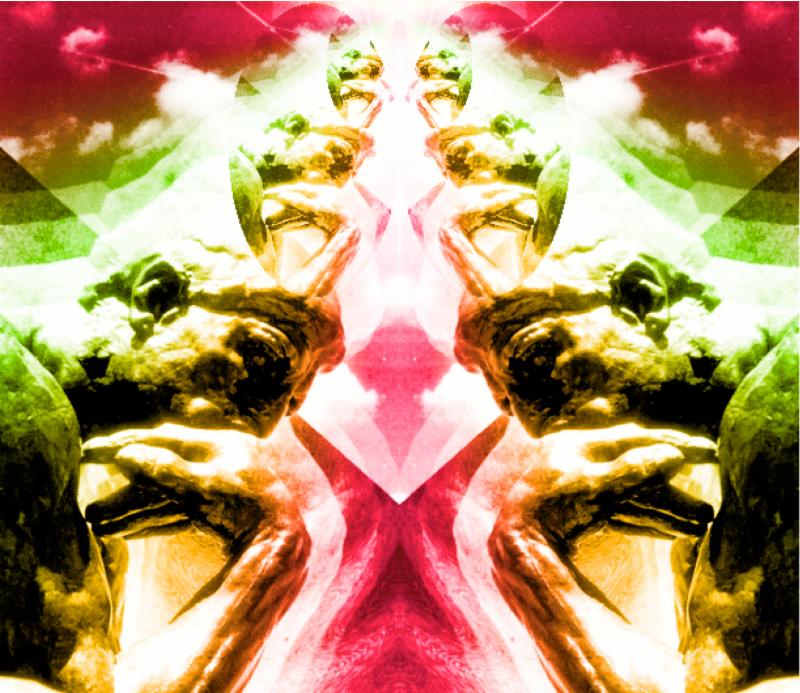
As an essential part of the preferable future evolution of the conscious human mind we should collectively place much greater value on the love of learning and knowledge, and on a critically related value, the love and skill of thinking, for knowing improves through thinking and self-reflection. (See "The Standards and Virtues of Thinking" in my book
Future Consciousness.) I would also include as connected priorities the expansion of global, ecological, and cosmic consciousness through the growth of broad and extensive knowledge. Pursuing the enhancement of these capacities and modes of consciousness is essential to the growth of wisdom within us, which I have argued should be the
"guiding light" of our future evolution. Wisdom integrally involves the diligent and passionate pursuit and exercise of knowledge.
In fact, it is our
ethical responsibility to value and pursue knowledge. We create a better life for ourselves and others through the growth and application of knowledge, and conversely, we damage the quality of life and ourselves through our ignorance (often willful) and the compulsive propagation of ill-formed beliefs that are not grounded in the conscientious pursuit of knowledge. It is often proclaimed that we have a right to our beliefs (or opinions), but if our beliefs are not based upon thoughtful inquiry and reflection, then what good is this right? Do we have a right to believe in groundless ideas? And further, do we have a right to spread our ignorance and infect others? As has been argued in the history of philosophy (see "The Ethics, Psychology, and Epistemology of Beliefs" in
Future Consciousness), we are all ethically responsible for examining our beliefs regarding their validity and to pursue knowledge to better inform what we believe. Indeed, if, as I have proposed, we are ethically responsible for evolving ourselves, then we should pursue knowledge, since knowledge empowers our self-evolution. Moreover, we are also ethically responsible for what we communicate to others. Ignorance and its dissemination (inclusive of careless falsehoods and willful closed-mindedness) is one of the great social diseases of modern humanity; it destroys us as much as any virus or pollutant in the air.
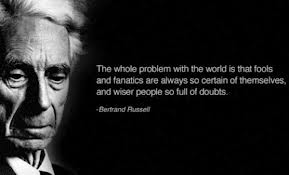
We can justifiably ask how are we to determine what is knowledge and what is mere belief. We can also ask the related question of how should we best guide our minds and methods of study and inquiry in the ongoing acquisition of knowledge. Are there principles or rules to follow in both acquiring knowledge and assessing what we believe? In philosophy and related disciplines of inquiry such questions belong to the domain of "epistemology," the study of the nature of knowledge. How do we know? How can we best know? Contrary to the belief that one opinion is as good as the next--a philosophy of subjective relativism--there are numerous principles of epistemology for evaluating and comparing our beliefs. And contrary to the opposite view that there are beliefs that should not be questioned and are somehow guaranteed to be true--a philosophy of absolute dogmatism--all human beliefs should be subject to epistemic evaluation and assessment. All beliefs can and should be evaluated in order to determine if such beliefs constitute knowledge, or are simply falsehoods, unsupported opinions, or gibberish.
There are numerous standards and principles for the acquisition of knowledge and the evaluation of our beliefs. We gain an understanding of such standards and principles through the study of epistemology. How does logical reasoning and coherence, evidence and perception, creativity and critical thinking, hypothesis testing, prediction, and experimentation, making mistakes and admitting errors, certainty and doubt, dialogue and debate, and insight and intuition fit together in the informed and conscientious pursuit of knowledge? What is the value of clarity and depth? What are facts? What are theories? How do we identify common cognitive biases within us, and how do we factor in diverse cultural and historical points of view in the quest for knowledge? All of this is part of the ever-evolving discipline of epistemology. (See "Consciousness and Understanding" in
Future Consciousness.) Part of understanding epistemology is understanding both relativist and dogmatic views of knowledge. In essence, to distinguish between belief and knowledge comes down to whether we have applied the principles and concepts of epistemology in acquiring and evaluating our beliefs, or not. The former is knowledge; the latter is simply opinion and belief. The former is thoughtful, enlightened, reflective, and growth-promoting; the latter is groundless, marginally conscious, destructive, and without value.
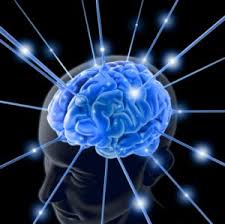
We live in a world in which there is a multitudinous array of different beliefs, often in contradiction to each other. Frequently, these diverse beliefs are expressed as if they were absolute truths. Unless we wish to live in a blooming buzzing confusion of conflicting ideas, or in an impregnable fortress of dogmatic closed-mindedness, it behooves us to competently evaluate and compare competing beliefs, including our own beliefs as well. If we are ethically responsible to pursue knowledge and evolve ourselves, then we are ethically responsible to understand and use epistemology in our lives and the development of our minds.
In psychology, there is an expression "learning how to learn," and indeed the capacity to learn is a skill that can be greatly enhanced through practice and the implementation of various learning, motivational, and memory principles. We can be better or worse learners, but we can learn how to learn better. All of this is part of the character virtue of "the love and skill of learning."
Similarly, I would suggest that there is a "knowing how to know," which is grounded in the acquisition and development of skills and principles connected with the study of epistemology. Although all of us learn, think, remember, and acquire knowledge, all these psychological capacities can be executed with varying degrees of competence. Since knowledge and its acquisition have numerous positive effects on the quality of human life and the evolution of our minds, and since, conversely, ignorance, either careless or willful, have so many negative effects, it is our ethical responsibility as best as we can to "know how to know," and to continue to practice and develop our epistemological skills. As I have stated in previous
essays, the most significant factor contributing to our contemporary problems is deficiencies within our conscious minds, and one of the key deficiencies is ignorance (either willful or careless) and the lack of value given to the pursuit of knowledge.
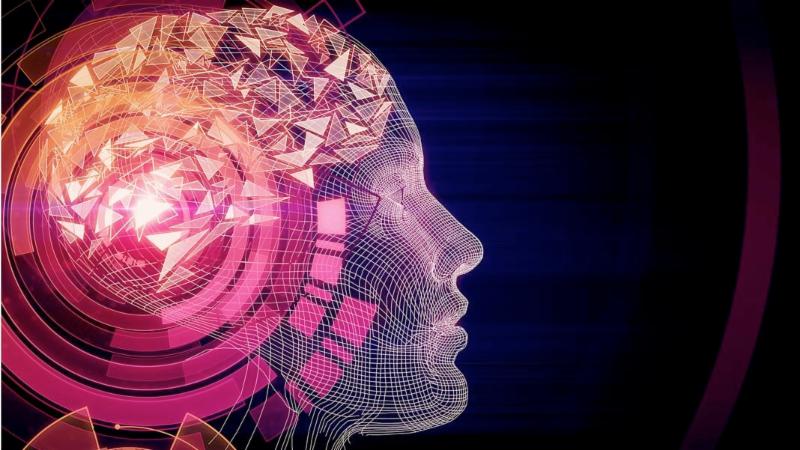
Within the history of epistemology there has been an ongoing and continuing development of new insights, principles, and perspectives. There is no simple answer to the question of "knowing how to know," anymore than there are simple answers to such questions as what is life, what is justice, what is science, and what is the universe. We continue to make progress in all these areas of study, and there is always more to learn. This is a good thing for those who value the acquisition of knowledge; it is ongoing and continually filled with new discoveries and insights. Knowledge is a becoming; "knowing how to know" is a becoming; epistemology evolves. If we are mentally lazy, we could simply throw our hands up in the air and accept everything we hear or reject it all, or if we are a dogmatist, we can "retreat into commitment" and doctrinal obedience because we don't want to think for ourselves.
One thing we have learned from the study of epistemology (which we also have learned within any other conscientious discipline of inquiry) is that we are not going to find some guaranteed method or truth regarding the nature of knowledge, but we have discovered that we can critically and openly evaluate and compare points of view and come to informed and thoughtful conclusions regarding what is the best that we know (at a given point in time) and what are sloppy or vacuous opinions and conjectures. And we can keep getting better at this.
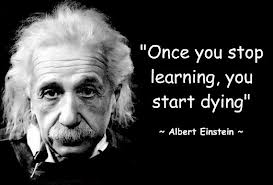
Living on a speck of dirt and rock within a universe of mind-boggling colossal proportions and complexity, and having just recently evolved (relative to geological and cosmic time) and come out of our caves, it would be the height of foolishness and vanity to believe that we have definitive and complete answers to the big questions of existence and know the "royal road to the truth." Yet, we have made amazing progress in our understanding of reality over the centuries and we have acquired numerous skills and methods for enhancing our capacity for knowledge acquisition and evaluation. It is just as dumb to say we (or some select group of us) know everything, as to say we know nothing and all opinions are equal.

The acquisition of knowledge begins in curiosity and is a wondrous experience and exhilarating accomplishment. Although knowing how to know is an evolving virtue that requires effort, education, persistence, and self-reflection, the reward for developing and applying this capacity to the ongoing acquisition of knowledge is an emotionally and personally elevating experience, even in cases where we decide we have been mistaken in our beliefs and need to change our point of view. It is the effort we put into the conscientious pursuit of knowledge that makes the accomplishments and discoveries so psychologically rewarding. It is an ethical imperative that we diligently seek knowledge, but it feels good to embrace this imperative and to grow in knowledge, for one's consciousness to become more enlightened. Again, belief is easy and a shallow pleasure, whereas knowledge acquisition is a challenge but yields a deeper, more illuminating and rewarding experience.
Knowledge, which includes "knowing how to know," should be highly valued by all of us. It is central to the acquisition of wisdom, heightened future consciousness, and a good future. In fact, it is our moral responsibility to embrace and practice the conscientious pursuit of knowledge. It is a central virtue of human character to follow this path, and to disregard or denigrate this virtue, in the name of personal freedom, or due to fear, mental laziness, or blind irresponsible faith is one of the great, most destructive flaws of our collective humanity.